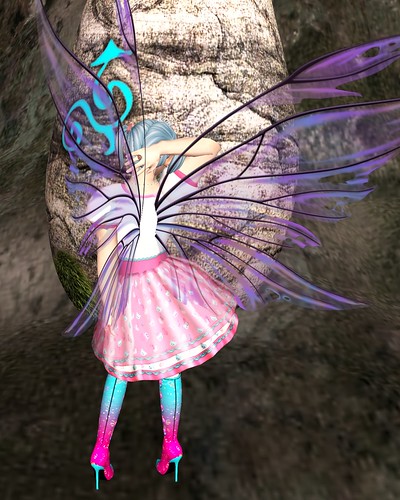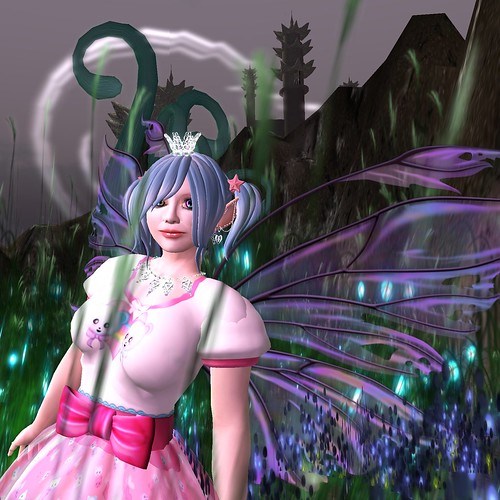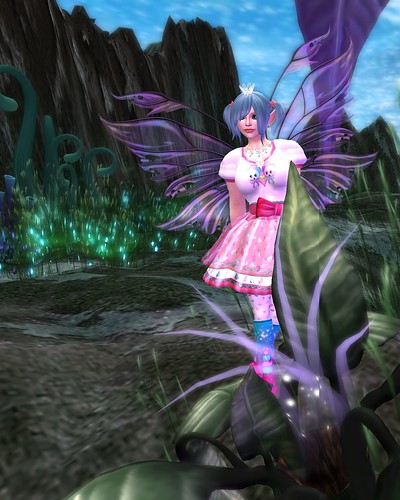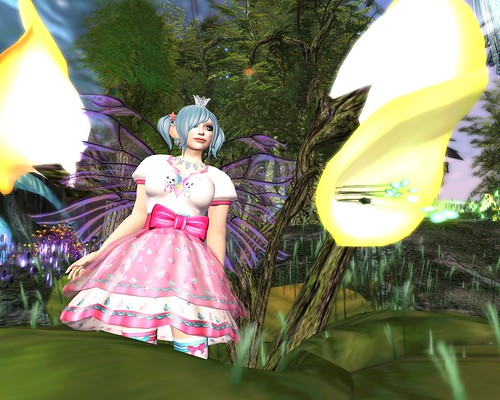*Trigger warning for the use of a racial slur near the end.
One of my favorite TED talks is by Erin McKean about lexicography, language, and dictionaries. One of the points she makes is that due to the dictionary's limited size, people have long made arbitrary choices about what words are "real" and what words are not. I have no argument with her rationals, and I love watching her talk about language with such enthusiasm, but having watched people talk for a long time, and been both inside of and outside of groups, I have an additional perspective on the reasons for determinism in language - that is, of why people want to police language.
The word Shibboleth is used in a story about differentiating between groups; if you pronounce shibboleth one way, you are in this group, and if you pronounce it another way, you are in a different group. Shibboleth as a noun has come to indicate some use of language which determines what group or groups a person belongs to; it indicates the use of language as a gatekeeper.
When I was first a case manager, I had an office mate with one very obvious difference from me, and likely a host of less obvious differences; we were different races. I am white, and she is black. Otherwise, our backgrounds seemed similar - both middle class, both with a background in psychology - and by and large our language use reflected those similarities. I will never forget her once telling me a story about her friends, though, and referencing in passing that something was very 'phat.' This was a couple of years before the word hit the media (and near as I can tell ceased to be used within any subcultures) and I was baffled by hearing it as an adjective - assuming she meant fat. She said a funny thing, then, when I expressed my confusion: "I forgot you weren't one of us."
The interaction stuck with me because it suggested something very fluid about group inclusion and exclusion. I don't think I'm overstating to say that "phat" as an adjective came out of a specific black subculture, spread within that subculture, spread to the media, and then went out of use - thus following the life cycle of any shibboleth which becomes generalized. However, my friend's inclusion of myself in her group, as one of 'us', despite my not being black nor part of the subculture phat seemed to move within (which was Hip Hop, I believe) suggests that inclusion is often less about concrete characteristics, and more about relationships.
By contrast, my high school best friend once passively allowed me to be excluded from a group she was involved with due to a feeling that she was unable to invite me in, despite technically being part of the group. It also said something about our relationship as well, and her view of me, that my being excluded by her new circle of friends was understandable and reasonable, instead of a deal breaker for her. Once again, the line of inclusion and exclusion went not along the lines of concrete characteristics (we were all white, middle class, and geeky) but rather the relationships in play and who is willing to fight for the presence of those they have relationships with to be included.
Some of the words people often want excluded from dictionaries are slurs. The reasoning is usually one of distaste - the words are "bad" words and thus shouldn't be included - but I wonder sometimes if it isn't because slurs are a more effective shibboleth when they are undefined. The use of nigger (This is a hard word for me to type, which says more about my colorblind white liberal upbringing than the word itself) by US black comedians was complicated because the relationship of black people to the word nigger was much more complicated than the relationship of white people. Early comedy often drew lines between the "good" black people and the "ignorant" niggers - replicating within the US media black culture (to differentiate from the non-media driven cultures - keep in mind it was white people writing the checks, often, so to claim this use is solely black is ignoring reality) the same dichotomy between so called good black people and so called bad black people.
Later comedy is closer to what is called reclaiming - that is using a slur as a positive word in order to partially remove the power it has. One critical piece of that is that the slur has to be used positively in order to be reclaimed (no, white gay men, using bitch to refer to other men is not reclaiming, it's expanding the slur with an additional misogynistic sprinkles). Nigga, usually spelled that way, was a term of fellowship and friendship between black men, but still carried a lot of it's negative connotation on non-black lips and could be a shibboleth both indicating when the relationships between blacks and not-blacks was strong enough for the term to use, and also an indication of when a white person was trying to hard to be included as if they were not white.
The final pieces I've seen, from my limited view as a white woman, was the use of nigger and the negative characteristics that come with it in a complicated and complex way, primarily by Dave Chapelle (who ended up leaving the media in part because the unexpected trend among whites was to normalize using nigger, instead of unnpacking the complicated role the word still plays between white and black people). His short skit, "The Nigger Family" was about a white family with the last name of Nigger in the Fifties. The humor came from the instinctive reaction to negative characteristics historically applied to black people and slaves being applied to an average white family in the fifties. My favorite part was near the end, when Chapelle as the milk man (literally delivering whiteness and dressed in white) comes into the kitchen; he cheerfully insults the family, saying things like, 'I know better than to get in between a Nigger and his pork,' and getting perfectly placid responses from the family because nigger simply holds no sting when applied to white people. His glee as the leveling of the ground, though - at the right to point out that characteristics traditionally used as indications blacks were inferior also exist for whites (who doesn't like chicken, watermelon, and strawberry soda?) - is absolutely engaging. That skit in particular walks right along a fault line which I feel within US culture, one which makes me laugh but also makes me uncomfortable.
Words carry power; those who deny this frequently also object to being insulted which is a particularly immediate indication of hypocrisy. Part of the power of words, though, is how we use them and how intentional we are in our use of them. The people who came up to Chapelle when he was out with his family and used the word nigger because they thought his thoughtful skits had provided permission profoundly misunderstood the case, as did everyone who asks the question, 'Why is it ok when one of THEM uses it?' Language, the words one uses, who is using the words, and the relationships between people can be incredibly fraught with emotions, which is a powerful force behind wanting to police language. I am, in fact, one of those police in general discourse; I speak up when slurs are used, object when I believe I see racist or sexist speech - however thoughtless. I don't, however, want to remove slurs from a dictionary, nor do I think they are "bad" words per se. The negative thing is the attitudes and beliefs which go along with the words, not the words themselves, and those attitudes and beliefs need to be challenged no matter how many times the words used change.
( More pictures here. )
Credits:
Skin: De la Soul, Aestali - Cream Rose
Eyes: De La Soul, Roomee - Rainbow
Eye Shadow: De La Soul, Simple Rainbow
Eyeliner: Adam n Eve, Hepsut
Lipstick: Mock, Bella Vetro Gloss - Lepore Red
Ears: Illusions, Mystic Ear - Fairy
Hair: Wasabi Pills, Chloe Hair - Crystal Blue
Jewelry: Kyccie's, Sweetheart Set - Amethyst
Wings: Fancy Fairy, Azarelle
Dress: katat0nik, Cubby Dress - pink/white
Ring 1: Alchemy Immortalis, Nestling Finger
Ring 2: Earthstones, Eternal Blossom Ring - Bouquet
Shoes: Dilly Dolls, Bastian Birthday Boots
Pose: Glitterati
Location: Dragonfly
Light Settings: Places Wiccan
Water Settings: Placida brite
Photographed by Deoridhe Quandry
Post processing: Cropping only





No comments:
Post a Comment